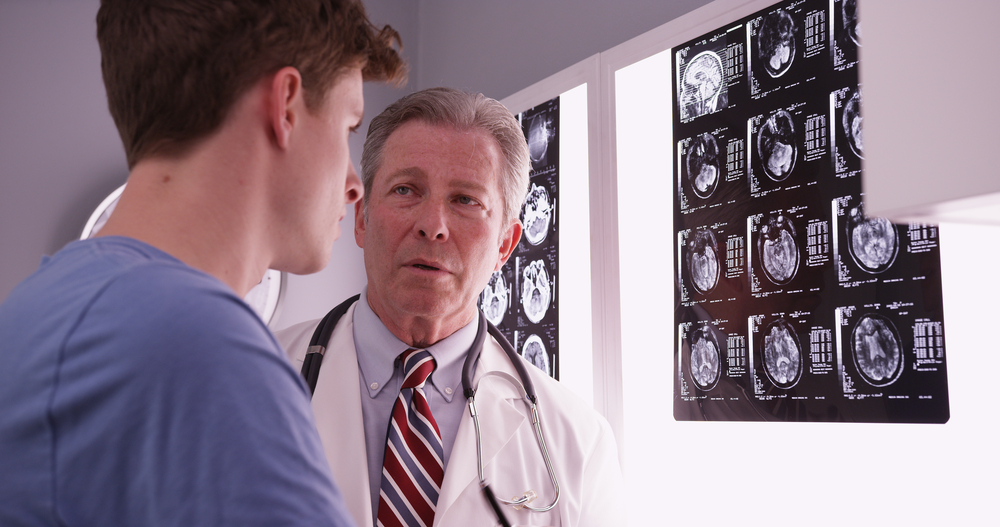DIAGNOSIS
A concussion may not show signs and manifestations until hours or days after the injury. Your physician will check your signs and symptoms, analyze your medical record, and perform or recommend tests that include neurological examinations, cognitive testing, and imaging tests.
Neurological examination
After your specialist asks you about your trauma in detail, they will conduct a neurological test. This assessment involves checking on your:
- endurance
- responses
- sense of balance
- stamina and sensitivity
- sense of hearing
- eyesight
Cognitive testing
Your doctor may perform several tests during a neurological exam to determine your (cognitive) thinking skills. Testing can determine many factors including your:
- recollection
- capacity to remember information
- alertness
Imaging tests
For individual patients with signs and symptoms such as extreme headaches, seizures, frequent vomiting, or having worse symptoms, brain imaging may be suggested. Brain imaging will assess if the injury is severe and has caused the skull to bleed or swell.
Observation
After a brain concussion, you may need to be confined overnight for observation.
When your doctor suggests you should be attended to at home, someone can stay with you and check on you for at least 24 hours to make sure your symptoms don’t worsen. Your caretaker will need to wake you up frequently to ensure you can wake up in the usual way.
TREATMENT
Treatment for a brain concussion depends on how severe the symptoms are. You may need surgery or other medical measures if you have:
- inflammation of the brain
- bleeding in the brain
- severe trauma to the brain
If the concussion causes headaches, the doctor can prescribe over-the-counter pain relievers, such as ibuprofen ( Advil) or acetaminophen (Tylenol). Your physician will also advise you to take plenty of rest, stop sports and other stressful practices, stop driving a car, or riding a bike for 24 hours or even a few months, depending on your injury’s seriousness. Alcohol can delay recovery, so ask your physician if you should avoid drinking. If you should refrain from liquor, ask your doctor for how long.


